
What are and how are biofuels produced?
Biofuels are a type of renewable fuel that comes from organic matter. Their main characteristic is that they have significantly lower net CO2 emissions in their life cycle than traditional fossil fuels.
The second-generation (2G) biofuels, produced from organic waste, such as used cooking oils, agricultural or livestock waste or forest biomass, among others.
In 2024, we will participate in the start of construction of a new 2G biofuel plant at La Rábida Energy Park, with a flexible production capacity of 500,000 tons of sustainable aviation fuel (SAF) and renewable diesel HVO100. With it, the largest second-generation biofuel industrial complex in southern Europe will be created. With its implementation, we will have a production capacity of more than one and a half million tons of biofuels, which will allow us to accelerate the decarbonization of heavy land, air, and maritime transportation, as well as industry.
Advantages of using biofuels
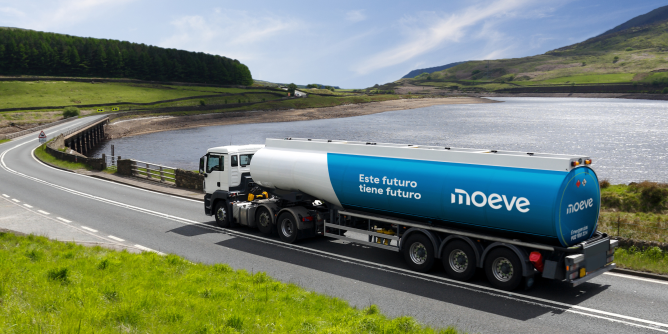
Biofuels help with decarbonization
Their renewable nature means that biofuels 2g produce significantly lower net CO2 emissions during their life cycle than traditional fossil fuels (up to 90% less). This is very beneficial in sectors that are difficult to electrify, such as industry or heavy land, air, and sea transport.

They accelerate the energy transition
As they are chemically analogous to the fossil fuels used in current vehicle, truck, ship, and aircraft engines, they can partially or completely replace them without modifications. This means that they can be used now, accelerating the energy transition.

They promote the circular economy
When produced from organic waste, they give a second life to waste that would otherwise end up in landfills. This makes them a sustainable energy solution that promotes the circular economy.
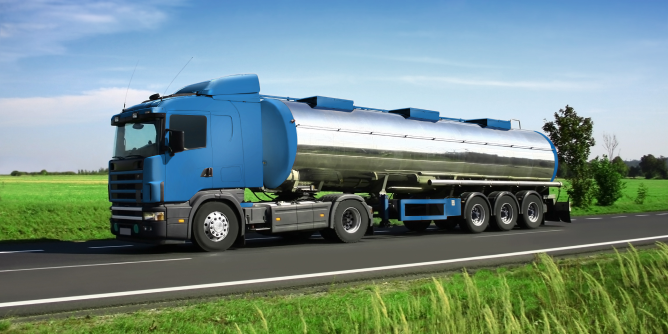
Alternative to traditional fuels
They are an alternative to traditional fossil fuels, such as oil and gas, which makes it possible to diversify energy sources and, as a result, contribute to increasing the security of supply and the strategic energy independence of Spain and Europe.
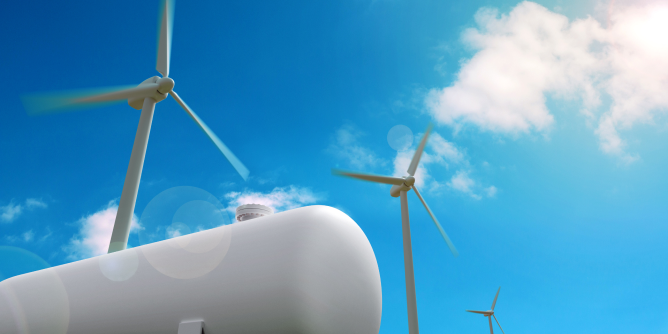
New technologies in biofuel production
Mature technologies already exist to produce them and, in some cases, existing industrial facilities can be reused, with certain modifications, to manufacture them.
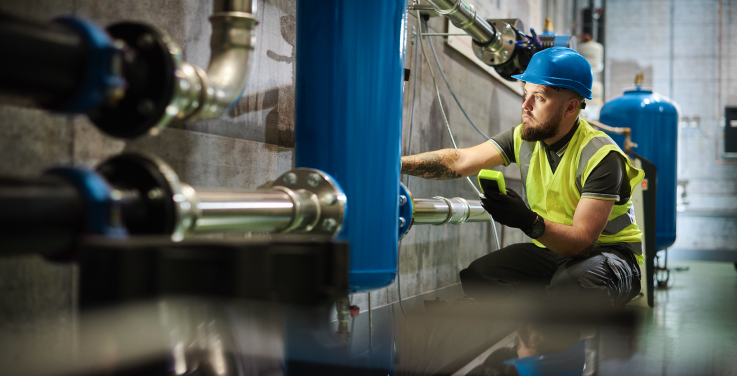
Biofuels at Moeve
We are committed to the development of biofuels, an immediate energy alternative to achieve our decarbonization goals.
Where can we use biofuels?
Biofuels can replace traditional fuels both in their liquid state (as substitutes for diesel, gasoline, or kerosene) and in their gaseous state (replacing natural gas or liquefied petroleum gas, also known as LPG).
And they are a sustainable partner in difficult-to-electrify sectors such as aviation, heavy road freight transport, or maritime transport.
In Spain, biofuels have been used for years in diesel and gasoline engines, mixed with conventional fuels. The obligation to incorporate biofuels in all road transport is 11.5% in 2025 and 12% in 2026.
Types of biofuels

Biodiesel (FAME)
Produced from oils and fats through esterification/transesterification processes. It can be blended in a wide range of percentages with diesel. Currently, in Spain it is used up to 7% in road transport and can be used up to 100% in maritime transport. Although it is most commonly found in blends of 30%.

Renewable diesel (HVO)
Obtained from oil and fat hydroprocessing. It can replace up to 100% of the diesel used in road, rail, and maritime transport.
Sustainable Aviation Fuel (SAF)
The most common is HEFA (hydroprocessed esters and fatty acids), which is obtained through vegetable oil or fat hydroprocessing and cracking/isomerization. It is used for aviation decarbonization as a substitute for kerosene. The approved maximum blending percentage of PBS with kerosene is currently 50%.
Bio LPG
Produced from agricultural waste, sewage, and biodegradable urban waste. It is used to replace traditional LPG in vehicles powered by this type of fuel.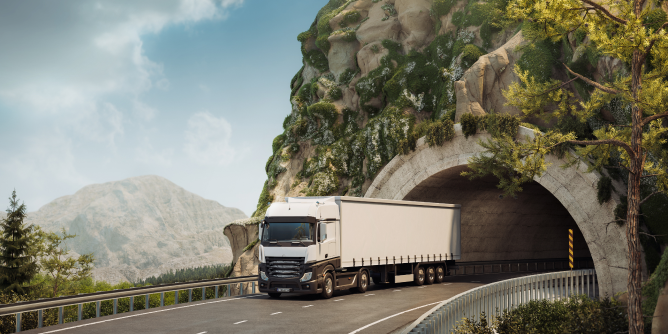
Bioethanol
Produced by fermenting sugars of vegetable origin, such as corn, sugar beet, and woody biomass. Mixed with gasoline in different percentages, it is used for the decarbonization of road transport.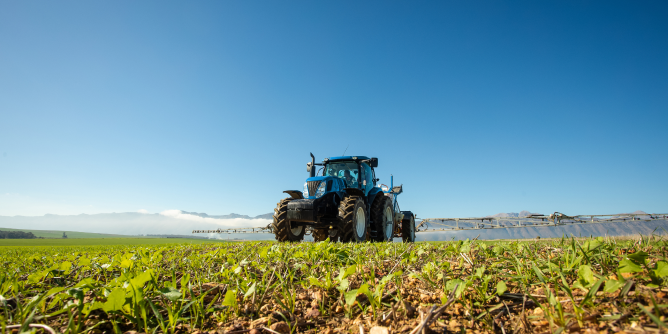
Biomethane
Produced from the gasification of biodegradable solid waste and is used as a substitute for natural gas in industry. Like methane of mineral origin, it is used to generate electricity and heat and to power vehicles. Find out morearrow_right_altNeed more information?
A way to go
We still have a long way to go, but we have a clear commitment to transform our business from fossil fuels to sustainable energy and mobility.
